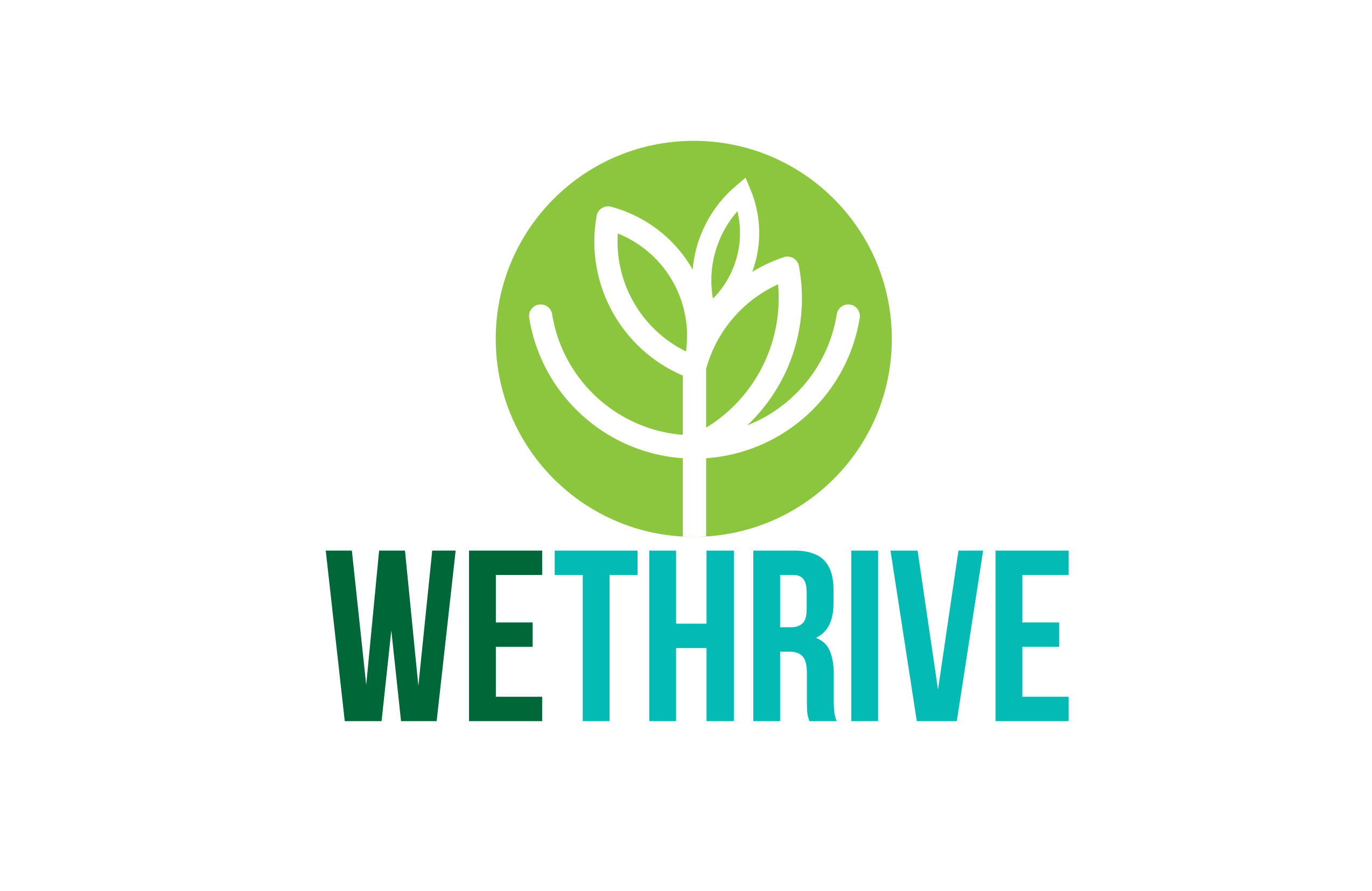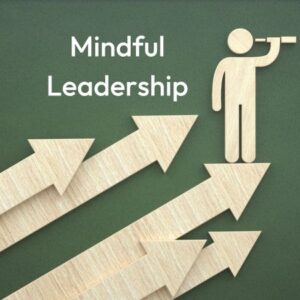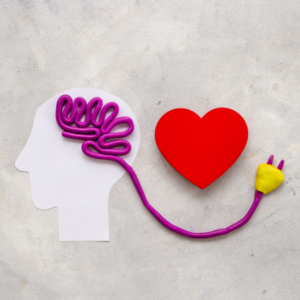The month of October is Mental Health Month, and this year we are focusing on how to build workplaces that embody wellbeing. To learn more about our ongoing work with organizations to create these cultures of care in their workplaces, stay tuned for our upcoming activity Leading with Care: The Neuroscience and Practice of Leading a Culture of Care in the Workplace on 07 November 2023.
In We Thrive, we look at mental health as the coming together of many different factors which determine the capacity of a person to live in a way that allows them to reach their fullest potentials. Of course, our individual exercise of our faculties is critical: how we cope with difficult experiences and savor positive ones; how we pay attention to how we feel and think about ourselves and the world; how we interact with others and take part in their lives; and so on. Nowadays, we refer to things like this using the umbrella term “self-care” (ISF, 2023). But as we probably already know, individual efforts are sometimes not enough to reach. We don’t always cope particularly well; we aren’t always able to stop and smell the roses; we aren’t always able to pay attention to what’s happening; and our ability to be part of other people’s lives, or let them be part of ours, is not always at its best. Sometimes, you need help. “The ability to ask for and obtain help is a valuable life skill,” as psychologist Debbie Sorensen puts it, partly as a comment to our culturally-ingrained hyper-focus on independence (Sorensen, 2022). So besides “self-care”, realizing our potentials includes the essential component of togetherness, where interdependence is just as prized as independence, and where reaching one’s potentials is not simply an individual effort. We can call this “community care”: as author and psychotherapist Minaa B. defines as “[using] our power, privilege, and resources to better the people who are both in and out of our scope of reach” (Minaa B., 2021).
The idea that “our wellbeing is contagious” gives us a sense of how embedded the impulses of community care actually is in our human makeup, and how our own health and flourishing depends as much on others as it does on our own efforts in ways that sometimes surprises us (Suttie, 2020). And in relation to workplace stress and one of the primary mental health challenges of “[managing] the pressures so that life is productive and enjoyable” (Teasedale, 2006), the idea of community care can provide a more integrative approach to ensuring the wellbeing of people in the context of groups and institutions. We know for example the consequences of a lack of consideration of wellbeing can be, with losses in the millions whether we’re referring to potential profits or working days lost to attrition or sick leaves (Graveling et al., 2008). Conversely, we know about the even greater benefits taking wellbeing seriously has to all kinds of organizational and business outcomes (Sears, Shi, Coberley, & Pope, 2013). But where do you begin? In this article, we want to share some advice about how to apply the concept of “community care” to thinking about how organizations can build up its practices towards creating workplaces where “care” is integral rather than supplemental to the overall business strategy.
Community care in three categories
Thanks to some clever analysis of the literature, researchers were able to offer a more condensed definition of this widely and wildly defined idea of self-care: “The ability to care for oneself through awareness, self-control, and self-reliance in order to achieve, maintain, or promote optimal health and well-being” (Martínez, Connelly, Pérez, & Calero, 2021). Using these three concepts, we can organize our thinking about wellbeing along these lines and how they might apply to community care. How can workplaces create spaces and relationships where people can support each-other’s capacities for awareness, self-control, and self-reliance?
- Awareness. This is about the ability to monitor, measure, and interpret one’s experiences (or “symptoms”, as used in their paper). This awareness is the natural first step to achieving wellbeing: after all, you cannot act wisely without the appropriate information. Applied to community care, this means helping each-other bring attention to our concerns, whether this means identifying specific forms of support or simply articulating some difficulty in or out of work in order to have some much-needed emotional release. Besides this, it also means helping each-other bring attention to our wins, allowing us to become more present to moments worth celebrating and appreciating. And building on the idea of interpretation, awareness is about bringing attention to the “meaning” of experiences, and helping each-other discern how our experiences at work match up with our values, beliefs, goals, and how we want life to be in general.
Reflection: Are employees afforded the necessary resources, opportunities, and structures to cultivate greater awareness? Do the relationships between peers and between team members and team leaders foster a sense of safety and security where people are not only able but encouraged to work together to identify, articulate, and respond to their experiences as a community?
- Self-control. In the words of Martínez and colleagues, self-control is the “product of a person acting as a unitary being and engaging in regulation and control of their self and emotions”. Achieving wellbeing, whether we like it or not, requires perseverance, sustained effort, and more than a little strategizing. Applied to community care, this means helping each-other initiate and build on the habits necessary for regulation, maximizing our individual abilities to contain and ground ourselves. It also means creating relationships and systems within the workplace that don’t unnecessarily tax these abilities. Borrowing the researchers’ use of the term, self-control in the context of community care means thinking of the community as a “unitary being”, where each person must in some ways exercise responsibility for another’s capacity to recover and return to states of calm and ease.
Reflection: Are employees afforded the necessary resources, opportunities, and structures to cultivate greater self-control? Do the relationships between peers and between team members and team leaders foster that sense of trust that, to the extent possible, we can rely on one-another as a means of regulating when things get tough?
- Self-reliance. Though not defined directly in the study, the researchers offered a case study about a man who “sustained a wound to his right leg when he slipped in a canyon” but that, while he “was aware of the injury”, the man “did not treat the wound, and his entire leg became swollen, red, and hot”. So while taking consideration of the case study’s particular context, we can think of self-reliance as our ability to initiate the appropriate actions by ourselves, which requires a level of self-efficacy, self-trust, and a general belief that we can do something with our circumstances. Applied to community care, this means helping each-other create the necessary cognitive and behavioral scaffolding in our work to both have the appropriate level of trust in our own abilities (remember: asking for help is an important skill) and the necessary skills for acting on that self-confidence in productive and meaningful ways. Using the case study, self-reliance is both about trusting that your team will help you with the wound and also about your team trusting you enough to at least clean and dress the wound first.
Reflection: Are employees afforded the necessary resources, opportunities, and structures to cultivate greater self-reliance? Do the relationships between peers and between team members and team leaders create an environment that is not only challenging but also encouraging?
For mental health support services, email us at [email protected] or contact us to sign-up for sessions with our mental health clinicians.
References (in order of appearance)
- https://isfglobal.org/what-is-self-care/
- https://www.ncbi.nlm.nih.gov/pmc/articles/PMC8488814/
- https://psyche.co/guides/how-to-ask-for-help-without-discomfort-or-apology
- https://www.wellandgood.com/what-is-community-care/
- https://greatergood.berkeley.edu/article/item/why_taking_care_of_your_own_well_being_helps_others
- https://www.sciencedirect.com/science/article/abs/pii/S1476179306000188
- https://www.ncbi.nlm.nih.gov/books/NBK75294/




